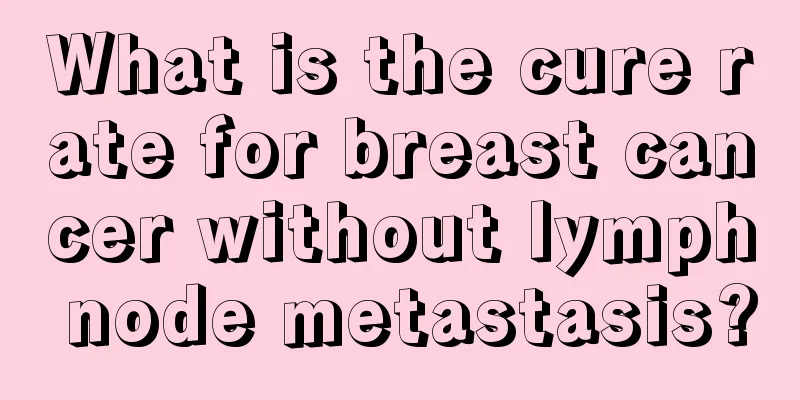What are the specific causes of rectal cancer

|
Among the causes of rectal cancer, the clear cause is the direct connection with excessive intake of fat and protein, but other aspects have not been fully clarified. However, possible high-risk causes such as genetics and diet should be paid special attention to, as these aspects are summarized through clinical experience. 1. Genetic factors Many families with colorectal cancer have a family history of cancer and many digestive tract tumors. Because the genes of normal cells change, cancer patients inherit a susceptibility, and with some stimulating factors, tissue cells grow rapidly and develop into cancer. Cell genetic genes mutate and become malignant cells with genetic characteristics, which manifests as a family history of cancer. This cause of colorectal cancer is relatively common. 2. Dietary factors The so-called Western diet, which is high in fat, protein and low in fiber, is believed to be related to the occurrence of colorectal cancer. In areas with a high incidence of colorectal cancer in Western countries, the incidence of colorectal cancer is high. In contrast, the Banti tribe in South Africa consumes rough food that is low in fat and rich in fiber, and the incidence of colorectal cancer is low. If these residents immigrate to areas with a high incidence of colorectal cancer, the dietary structure will change, and the incidence will increase accordingly. This is because high-fat and high-protein foods can increase the amount of methylcholanthrene in feces, which can cause increased bile acid secretion and be decomposed into unsaturated polyunsaturated hydrocarbons by anaerobic bacteria in the intestines. Both of these substances are carcinogens. The reduction in fiber content slows down the speed of feces passing through the intestines, which increases the contact time between these carcinogens and the intestinal conjunctiva, leading to an increased chance of cancer. 3. Adenoma cancer Tumor polyps can turn into cancer. Adenomas can be divided into three types: tubular adenomas, villous adenomas, and mixed adenomas. Tubular adenomas have a high incidence rate, and villous adenomas have a high rate of canceration. Among adenomas, there are hereditary familial adenomas, which are considered precancerous lesions. They usually occur after the age of 30, but some people may become cancerous before the age of 20. 4. Inflammatory bowel disease Ulcerative colitis and Crohn's disease are caused by the destruction of intestinal mucosa, the proliferation of ulcer repair, and the formation of granulation tissue, which leads to cancer. Schistosoma japonicum eggs are deposited in the rectal mucosa, and chronic inflammation stimulates cancer. |
<<: What are the causes of rectal cancer
>>: How long will it take for rectal cancer surgery to not recur
Recommend
Environmental factors are one of the main causes of colorectal cancer
The cause of colorectal cancer has always been so...
What is the reason for low neutrophil count
One of the items in the routine blood test is abo...
Is pulmonary fibrosis serious?
Pulmonary fibrosis is a relatively common disease...
What does a hip thrust do?
Many people don't know what hip push is. In f...
What are the dietary treatments after cervical cancer surgery
What is the best diet after cervical cancer surge...
Under what circumstances is it necessary to open the eyes
Canthoplasty is a plastic surgery for eyes that a...
How to remove bloodshot eyes
If we have bad living habits, it is easy to cause...
Are milk snakes poisonous?
Snakes are an animal that people are quite afraid...
My wrist hurts when I wake up in the morning
For some elderly people, wrist pain often occurs ...
What should I do if pus oozes out after a burn
In life, no matter in what season, some people ar...
Symptoms of esophageal cancer at different stages
For patients at different stages of esophageal ca...
What is the reason for the pain under the right ribs
Rib pain is a common disease, but sometimes the c...
How to prevent lung cancer most effectively? Prevention of lung cancer should start with daily diet
To prevent lung cancer, we should first interfere...
I accidentally ate the pit while eating a plum
Plum, also known as Jiaqingzi, is plump in shape ...
How to remove mildew spots on clothes
The appearance of mold spots on clothes is mainly...









